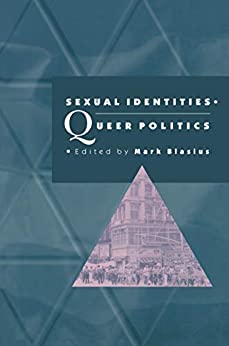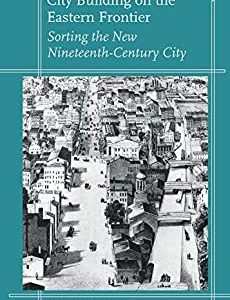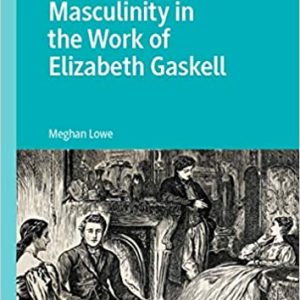In this collection, political and public policy analysts explore the social concerns of lesbians, gays, bisexuals, and the transgendered–what has come to be known as "lgbt" or "queer" politics. Compared to the humanities and to other social sciences, political science has been slow to address this phenomenon. Issues ranging from housing to adoption to laws on sodomy, however, have increasingly raised important political questions about the rights and status of sexual minorities, particularly within liberal democracies such as the United States, and also on an international level. This anthology offers the first comprehensive overview of the study of lgbt politics in political science across the discipline's main subfields and methodologies, and it spotlights lgbt movements in several regions around the world. Focusing on the politics of sexuality with regard to the politics of knowledge, the book presents a discussion of power that will interest all political scientists and others concerned with minority rights and gender as well as with transformation in the relations between public and private.
The articles cover such topics as lgbt power in urban politics, the impact of public opinion on lgbt life, means of effecting legal and political change in the United States, and international differences in lgbt political activism. The authors represent a new cadre of political scientists who are creating an interdisciplinary domain of research that is informed by and in turn generates political activism. They are Dennis Altman, M. V. Lee Badgett, Robert W. Bailey, Mark Blasius, Cathy J. Cohen, Timothy E. Cook, Paisley Currah, Juanita Díaz-Cotto, Jan-Willem Duyvendak, Leonard Harris, Bevin Hartnett, Rosalind Pollack Petchesky, David Rayside, Rebecca Mae Salokar, and Alan S. Yang.











